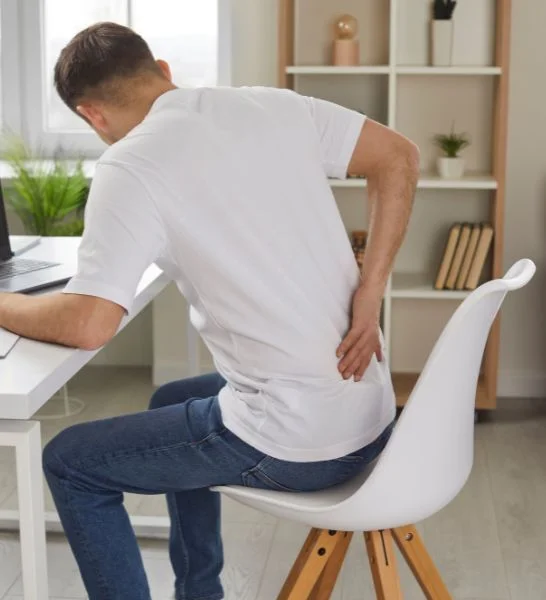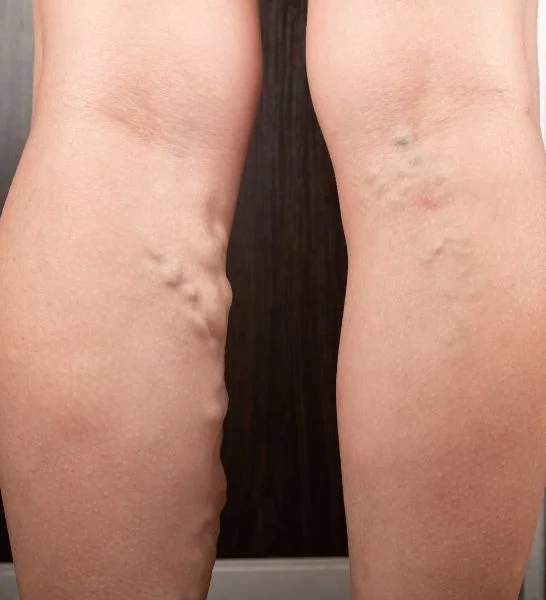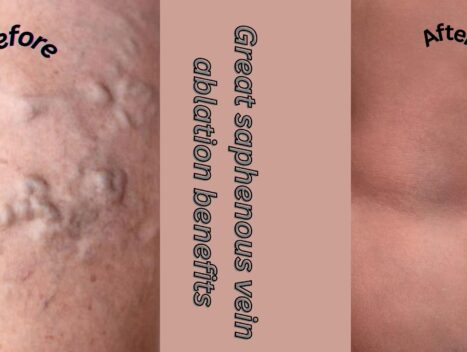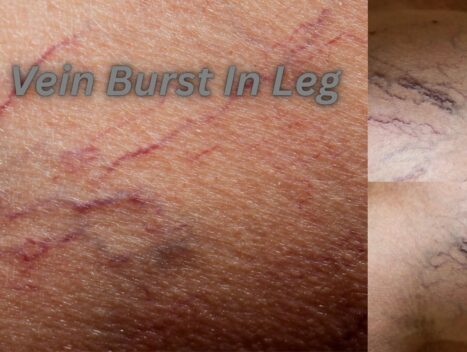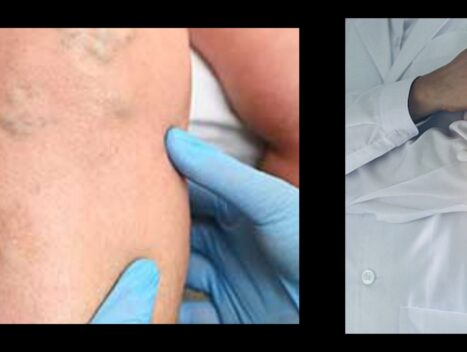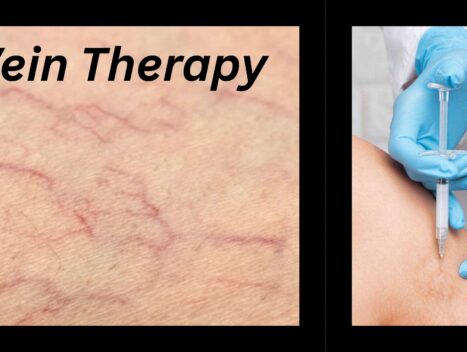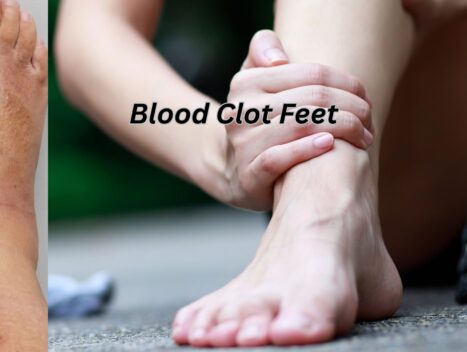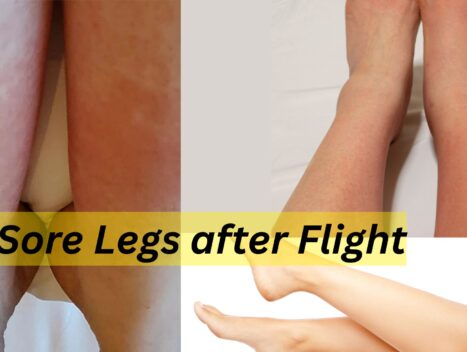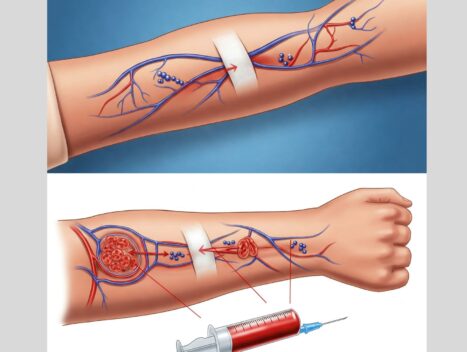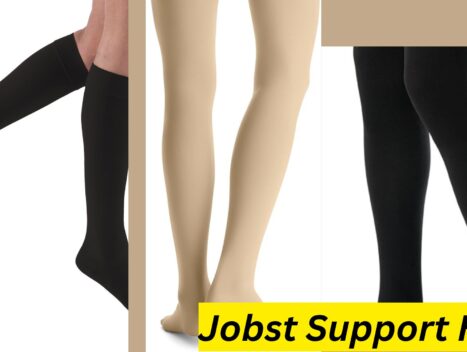
To Your Vascular Health

Accute Pain

In Vascular Surgery
Your Trusted Experts in Vascular Health
Discover compassionate care and advanced solutions for the diagnosis and treatment of venous insufficiency at Elite Vascular Specialists. As leaders in the field of vascular surgery, we are dedicated to improving your vascular well-being and enhancing your quality of life.
Comprehensive Diagnosis
At Elite Vascular Specialists, our experienced team of vascular surgeons specializes in the accurate diagnosis and evaluation of venous insufficiency. Using state-of-the-art diagnostic techniques, including ultrasound imaging and other advanced technologies, we thoroughly assess the integrity of your veins to determine the most effective treatment plan.
Personalized Treatment Options
We understand that each patient is unique, and our approach to treatment reflects this philosophy. Our highly skilled vascular surgeons develop personalized treatment plans tailored to your specific condition and needs. Whether it’s utilizing minimally invasive procedures such as vein ablation or recommending conservative therapies, we strive to provide the most effective, least invasive treatment options available.
Leading-edge Technology
As a practice committed to staying at the forefront of medical advancements, Elite Vascular Specialists utilizes cutting-edge technologies and techniques to ensure optimal outcomes. Our state-of-the-art facilities are equipped with advanced equipment, allowing for precise diagnoses and effective treatments. We combine our expertise with the latest innovations in vascular surgery to provide you with exceptional care.
Compassionate Care
At Elite Vascular Specialists, we believe in compassionate care centered around our patients. Our dedicated team is here to support you through every step of your journey, ensuring your comfort, understanding, and peace of mind. We take the time to address all your concerns, answer your questions, and guide you towards the best course of action for your vascular health.
Schedule Your Consultation Today
If you’re experiencing symptoms of venous insufficiency or seeking expert care for your vascular health, we invite you to schedule a consultation with Elite Vascular Specialists. Our compassionate team is ready to provide you with high-quality care, backed by expertise and advanced techniques. Take the first step towards improved vascular wellness by contacting us today.
Here is the step by step details

Venous Insufficiency
- Venous insufficiency refers to a condition in which the veins in the legs are unable to efficiently return blood to the heart. The valves within the veins may become weakened or damaged, leading to inefficient blood flow and pooling of blood in the lower extremities. This can result in symptoms such as leg swelling, aching, heaviness, and the development of varicose veins. If you suspect venous insufficiency, it is recommended to consult a healthcare professional for a proper diagnosis and treatment options tailored to your individual needs.
- Venous insufficiency is a condition where the veins in the legs have difficulty transporting blood back to the heart effectively. Normally, the veins have one-way valves that help blood flow against gravity. However, in venous insufficiency, these valves become weakened or damaged, causing blood to flow backward and pool in the lower extremities. When blood pools in the legs, it can lead to various symptoms.

Chronic Venous Insufficiency Symptoms
Common Symptoms of venous insufficiency include leg swelling
- Aching
- Discomfort
- A feeling of heaviness in the legs
- The development of visible varicose veins.
- Some individuals may also experience skin changes, such as redness, inflammation, or the formation of ulcers in severe cases.
Chronic venous insufficiency occurs when valves in leg veins don’t function adequately, allowing blood to flow in both directions, not just toward the heart. As a result, blood can pool in the legs, leading to the development of varicose veins, pain, swelling and venous ulcers if left untreated.
There are several factors that can contribute to the development of venous insufficiency.
- These factors include a family history of the condition
- Age
- Obesity
- Pregnancy
- Prolonged periods of standing or sitting
- Conditions that increase pressure within the abdomen such as chronic constipation or tumors.

Diagnosis
Diagnosis Venous Insufficiency
- To diagnose venous insufficiency, a healthcare professional may perform a physical examination and ask about your symptoms and medical history. They may also conduct additional tests, such as ultrasound imaging, to assess the blood flow in your legs and identify any abnormalities.

Chronic Venous Insufficiency Treatment
Chronic Venous Insufficiency Treatment
- Treatment for venous insufficiency aims to alleviate symptoms, improve blood flow, and prevent complications. Lifestyle modifications often play a key role and may involve regular exercise, elevating the legs, wearing compression stockings, and maintaining a healthy weight. In some cases, medication or minimally invasive procedures, like venous ablation or sclerotherapy, may be recommended to close off or remove diseased veins.
- The efficacy of a therapy for chronic venous insufficiency varies depending on the disease. Some people get relief with pressure stockings and/or anti-inflammatory and blood-flow-improving medications. For severe cases of chronic venous insufficiency, sclerotherapy, radiofrequency vein ablation, or surgery may be required. Even if surgery is required, most patients may return home the same day.

Consultation
Consult Our Doctor
- It’s essential to consult with a healthcare professional if you suspect venous insufficiency. They can provide a proper diagnosis, tailor an appropriate treatment plan, and offer guidance for managing the condition effectively.
These are the major risk factors

Gender
Women are more likely to develop venous insufficiency compared to men. Hormonal changes during pregnancy and menopause, as well as the use of hormonal contraception, can increase the risk. Additionally, the female sex hormone progesterone is known to relax vein walls, making them more prone to valve dysfunction.
Our Working Processs

Local anesthesia
Before the procedure begins, the area around the targeted vein is numbed with a local anesthetic. This ensures that you don't feel any pain during the treatment.
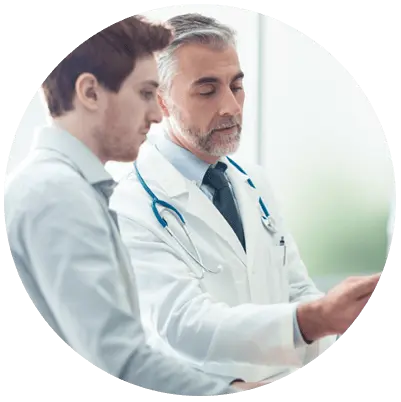
Catheter insertion
We enter the targeted vein and a thin catheter (a flexible tube) is inserted into the vein. Guided by ultrasound imaging, the catheter is carefully advanced to the problematic area.

Energy application
Once the catheter is properly positioned, energy is applied to the vein to close it off. There are two common methods for vein ablation

Radiofrequency ablation (RFA)
In this technique, the catheter emits radiofrequency ablation energy, which heats the vein wall. This causes the vein to collapse and seal shut.
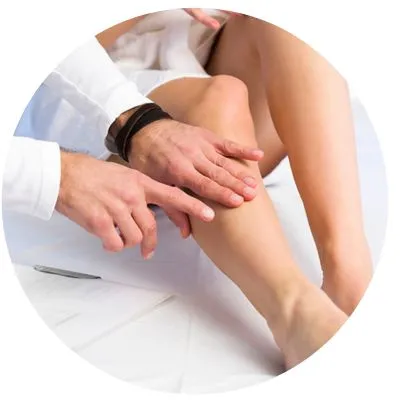
Chemical Ablation (CA)
Varicose vein treatment involves injecting a microfoam that causes diseased veins to close. Varithena is minimally invasive, there is no need for incisions or stitches and treatment is usually less than an hour. Most people see results just after one treatment.
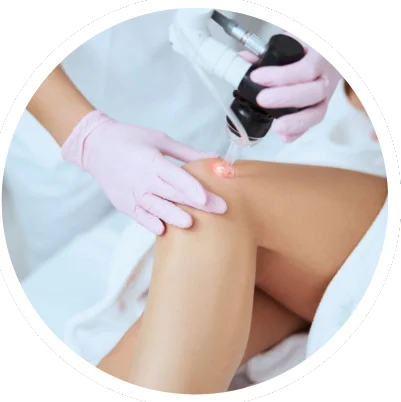
Catheter removal and compression
After the treatment, the catheter is removed, and the entry site is usually covered with a small bandage. Compression stockings or bandages are then applied to the treated leg. Compression helps reduce swelling and promotes healing.

Recovery and follow-up
Following vein ablation, you may be instructed to walk and move around to encourage blood flow. It is important to follow post-procedure care instructions provided by your healthcare professional. They might include wearing compression stockings for a specific duration and avoiding strenuous activities for a certain period.
Vein ablation is generally a safe and effective procedure with a low risk of complications. However, as with any medical procedure, there are potential risks, including infection, bleeding, nerve injury, or blood clots. Your physician will discuss these risks with you and address any concerns you may have.
It’s important to note that vein ablation treats the underlying vein insufficiency and helps alleviate symptoms. However, it may not eliminate existing varicose veins. Additional treatments like sclerotherapy (injection of a specialized solution into varicose veins) or phlebectomy (surgical removal of varicose veins) may be recommended to improve the cosmetic appearance if desired.
Our vein specialists are clinical experts specializing inside the vicinity of vascular remedy, with a particular emphasis on the analysis and remedy of vascular issues. These experts can deal with diverse situations which includes varicose veins, spider veins, and deep vein thrombosis. Addressing these worries has the ability to enhance your universal nicely-being and contentment.
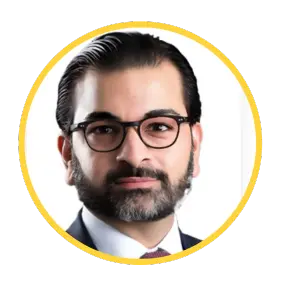
Dr. Nirman Tulsyan
Dr. Nirman Tulsyan is a completed vascular healthcare professional with considerable experience in complicated reconstructions and endovascular processes. He completed his residency in 2003/2004, during which he completed over 1300 major cases. Following this, he pursued a Vascular Surgery fellowship on the Cleveland Clinic Foundation, specializing in open thoraco-belly and peripheral vascular reconstruction, carotid stenting, and aortic stent-grafting.
Personal experience
During his career, Dr. Tulsyan has been actively involved in research. He worked as a Research Fellow at the Cleveland Clinic Foundation, focusing on the effects of cholesterol on collagen synthesis in graft versus aortic smooth muscle cells. He has authored book chapters and contributed to numerous articles in prestigious journals such as J Vasc Surgery and J Am Coll Surg.
Dr. Tulsyan has also been involved in various clinical research trials, serving as a co-investigator for multiple industry-sponsored studies. His contributions include evaluating the clinical performance of different stent graft systems for the treatment of aortic aneurysm and participating in studies on carotid revascularization and the treatment of atherosclerotic lesions.
Throughout his career, Dr. Tulsyan has been recognized for his expertise and has been invited to present at several professional conferences and meetings. He has given presentations on topics including uncommon arteriopathies and endovascular management of visceral artery aneurysms.
Dr. Tulsyan maintains active certifications such as Advanced Trauma Life Support and Advanced Cardiac Life Support. He is committed to providing the highest level of care to his patients and staying up to date with the latest advancements in vascular surgery.
In addition to his clinical and research activities, Dr. Tulsyan has pursued teaching opportunities, including presenting at general surgery grand rounds. He has also been involved in mentoring and training residents and fellows in vascular surgery.
Overall, Dr. Nirman Tulsyan is a highly skilled vascular surgeon with a strong background in both clinical practice and research. His expertise in complex reconstructions and endovascular procedures, combined with his commitment to advancing the field through research and teaching, make him a valuable asset in the field of vascular surgery.
Always consult with a healthcare professional to determine if vein ablation is appropriate for you, as treatment decisions should be made on an individual basis.
visit our clinics:
1 Broadway, Suite 104, Elmwood Park, NJ 07407
3000 Hadley Road, 1st Floor Suite 2, South Plainfield, NJ 07080







